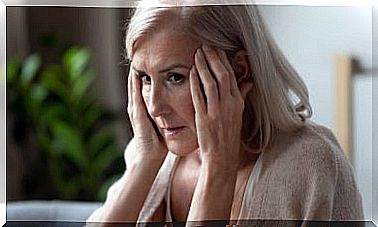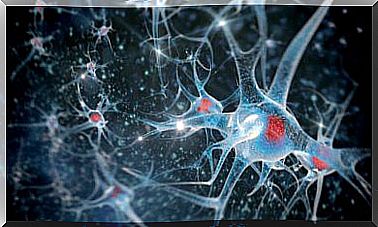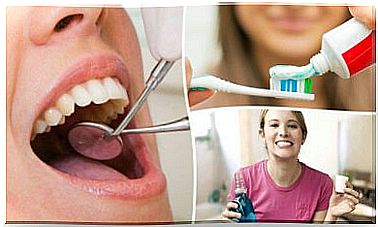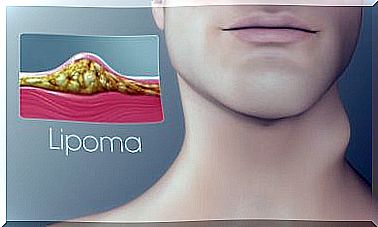Hypertension In Women: 5 Keys To Keep In Mind
First of all, you have to understand that blood pressure is the measurement of the force exerted against the walls of the arteries, as the heart pumps blood to your body. Thus, with the term hypertension, it is meant to refer to the fact that the blood pressure is high.
Blood pressure can lead to a number of medical conditions. These include heart disease, as well as strokes, kidney failure, eye problems, and other health problems. It is important to mention the importance of maintaining regular check-ups and ensuring that blood pressure is stable.
One thing to keep in mind is that with the onset of menopause, women are much more likely than men to suffer from hypertension. For this reason, it is especially important to establish regular check-ups with our doctors.
Here are 5 facts about hypertension that should be taken into account if you are a woman.
1. What factors affect hypertension
You tend to be more prone to hypertension as you get older. This is because blood vessels become stiffer with age, causing blood pressure to rise.
On many occasions, the specialist may not identify any specific cause for developing high blood pressure. This event is called essential hypertension.
In contrast, hypertension that occurs as a result of another condition, or because of a medication that the person is taking, is called secondary hypertension. In this case, it is possible to find the factors that caused the problem. Among others, include chronic kidney disease and other disorders of the adrenal glands, such as pheochromocytoma or Cushing’s syndrome.
Specifically, in women pregnancy is a risk factor. Specifically in the case of pre-eclampsia.
2. Contraceptives and hypertension
According to various studies, such as the one carried out at the Mayo Clinic, birth control pills increase blood pressure in some women.
It is also important to note that certain diet pills, as well as some cold and migraine medications, corticosteroids, some antipsychotics, and certain medications used to treat cancer can also be risk factors.
Other risk factors are being overweight and, as mentioned above, also age. Having a family history of hypertension can be a problem.
It is recommended, if you are currently taking oral contraceptives, ask your doctor about the possible side effects associated with them.
3. Hypertension in women and menopause
When menopause comes, either naturally or surgically, that is, when the ovaries are removed for medical reasons, high blood pressure can be increased.
This is because a lack of estrogen is associated with an increase in blood pressure. Specifically, it is due to the functioning of the endothelium. What the endothelium does is regulate the dilation and contraction of the vessels, which has a direct effect on the stability of blood pressure.
With menopause, this structure reduces its activity. In this way, the arterial walls become stiffer and blood pressure increases. That estrogen deficit can also lead to weight gain. Thus, the accumulation of fat in the abdomen also causes an increase in blood pressure.
4. Symptoms of hypertension in women
One of the main symptoms is usually a headache, which intensifies in the mornings and afternoons. This is often accompanied by tiredness, blurred vision, and even eye inflammation. Sometimes tachycardias are also present.
Ringing in the ears is an indicator of hypertension. Also increased feeling of anxiety and insomnia.
Blood may appear in the urine, especially when hypertension already affects the health of our kidneys. All these symptoms can intensify after menopause.
5. How to treat hypertension
First of all, it is important that we know if there is a history of hypertension in our family. If so, it never hurts to discuss it with the doctor to establish periodic reviews.
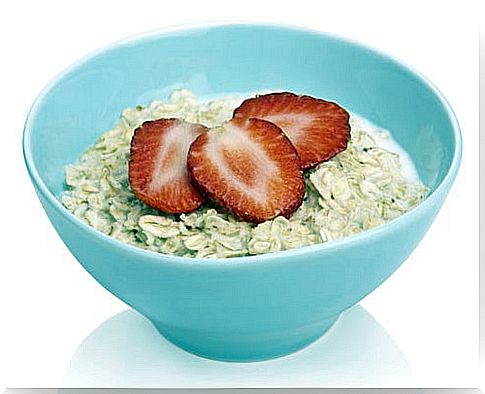
In addition to following the recommendations established by a specialist and possible medical treatments, it is possible to combine them with some natural advice. Avoid sedentary lifestyle, do sports. Walk at least half an hour a day. Similarly, maintain a healthy lifestyle.
High blood pressure increases your chance of having a stroke, heart attack, heart failure, kidney disease, or premature death. To avoid this, it is essential to take care of yourself.






